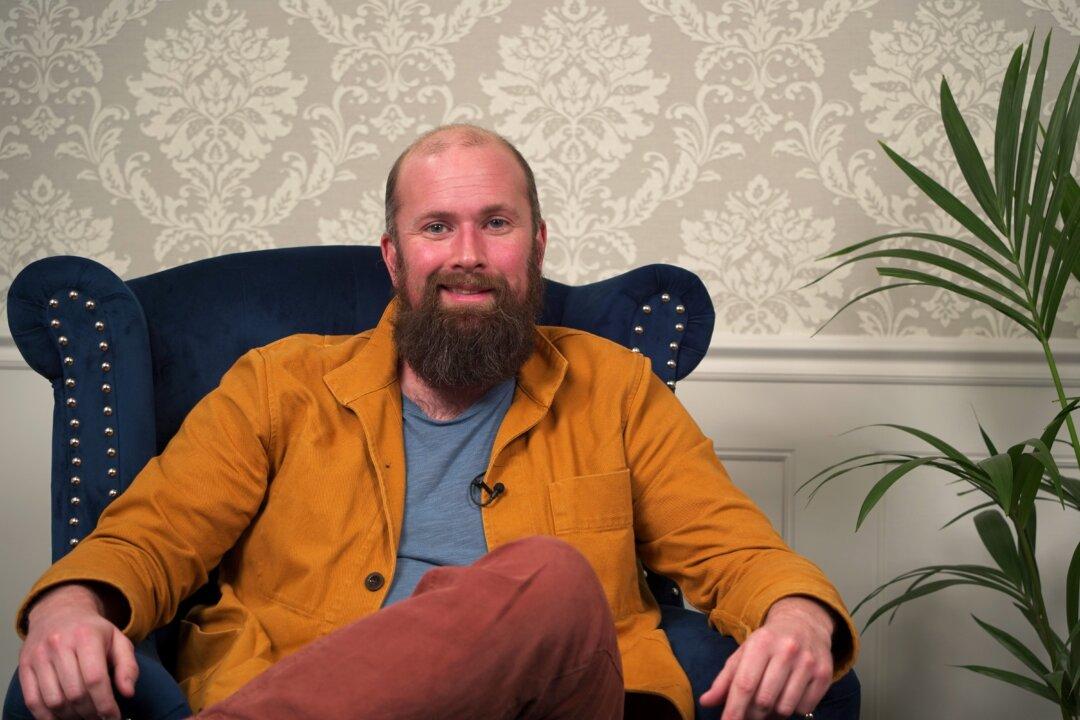A former prisoner who spent two years in jail for fraud has said the current custodial system appears to be “designed to maximise reoffending” and destroy “human potential.”
David Shipley, a former inmate who is calling for reform to our prison system, said, “The reality is, it’s almost nothing like the popular media portrayals of it.”





